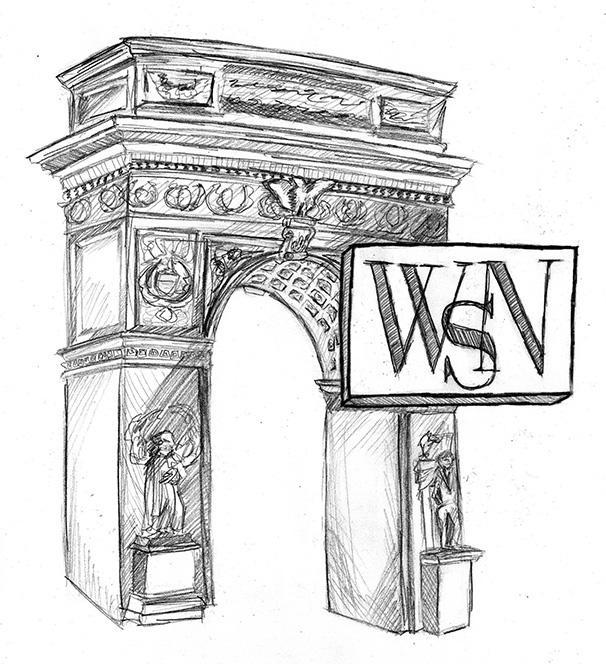Nonsexual Queer Spaces Needed in NYC
September 26, 2016
Though LGBTQ people have gained ground in their fight for equal rights in recent years, there is still much to be done. These individuals are often unable to feel comfortable in their day-to-day lives for a number of reasons, but one of the most harmful is the oversexualization of their romantic lives. The vast majority of LGBTQ-exclusive spaces are inextricably linked to sex and hookup culture. This poses a problem for many queer people who are looking for potential partners in a casual and relaxed environment. In our heteronormative society, it is unfortunately still culturally unacceptable for a queer individual to assume someone they have met in a non-LGBTQ exclusive space shares the same sexuality as them, because if they assume incorrectly, they might be met with bigotry and hatred.
One of the most historically important LGBTQ sites, the Stonewall Inn, is merely blocks from the NYU campus. The importance of gay bars to the exploration and self-acceptance of many LGBTQ folks cannot be underestimated. However, as bars are hyper-sexualized and have a certain connotation, they are also a source of anxiety for many. Of course, spots where comfortable and nonsexual relationships can be developed do exist, but they can be ill-advertised or underrepresented. Because typical public spaces like bookstores, movie theaters, coffee shops and malls are places where heterosexuality is usually assumed, it is not always secure or safe for some folks to freely express their gender and sexual identities. This emphasizes the urgent need for more nonsexual LGBTQ spaces.
Students at NYU can turn to the school’s LGBTQ Center, which does good work for members of the community. But once a student exits this space on the sixth floor of Kimmel, it becomes evident that LGBTQ people have few obvious settings in the city which cater to the them without the ever-present sexual backdrop. NYU’s unconfined campus encourages students to venture out and explore the city, but queer students do not have the same opportunities to make connections that are taken for granted by straight people.
Many NYU students come to this university seeking a community that will accept them as they are, but once they arrive, some feel that the city’s LGBTQ scene isn’t as inclusive as it could be. Queer folks can find themselves with a dearth of options for meeting other people. Experiences such as these are one of many ways in which queer people are marginalized daily. This passive discrimination is not a niche issue, but rather a larger community problem, and it must be handled in a communal manner. The onus is on everyone — not just political leaders — to ensure that no space feels like it is off limits for people who identify as LGBTQ.
A version of this article appeared in the Monday, September 26th print edition. Email the Editorial Board at [email protected].


























































































































































